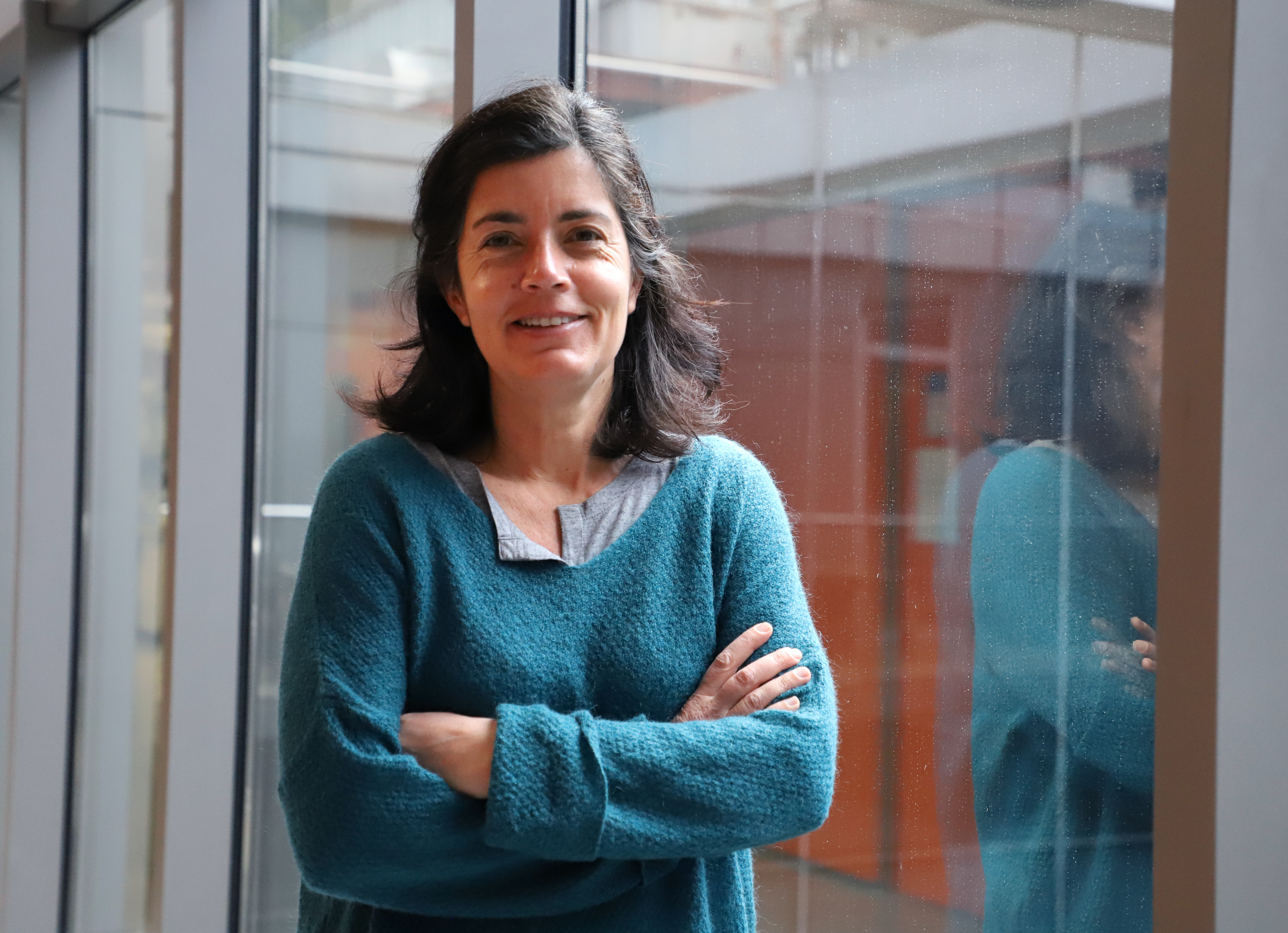Novel cancer immunotherapy strategy and companion diagnostic
January 2020
The Innate Immunology Group led by Dr Maria Rosa Sarrais has been awarded funding to research a novel cancer immunogtherapy. The project Novel cancer immunotherapy strategy and companion diagnostic has been awarded funding by the Agency for Management of University and Research Grants (AGAUR) with the support of the European Union.
The project is led by Dr Sarrias, with the participation of Lidia Sánchez Moral.

There is an urgent need to develop new therapeutic approaches for cancer, since according to the WHO, cancer is the second leading cause of death globally; in 2012 14.1 million cases of cancer were diagnosed and 8.3 million people died, 13% of the world population.
Immunotherapy, a rapidily evolving therapeutic alternative, is aimed at reactivating the immune system to mount a robust antitumoral response, thus providing an alternative or complementary approach to tumor resistance. Clinical trials with immune checkpoint inhibitors (such as CTLA4, PD1 and PDL1 that potentiate the activity of T cells) have shown success in the treatment of cancers such as melanoma and lung. However, only a small fraction of patients fully responded, raising the need for a companion diagnostic for personalized treatment, and suggesting that combination therapies and manipulation of novel immune system actors will be necessary to achieve full protection.
Tumor associated macrophages (TAMs), educated by the microenvironment, can acquire a tolerogenic state termed M2. In that scenario, they protect tumours from chemotherapy, radiotherapy or T-cell directed immunotherapy by promoting angiogenesis, mantaining stem cells and blocking immune responses. For this reason, therapeutic strategies to modulate TAM function, are emerging to block resistance to conventional therapies and facilitate T cell-based therapies.
We identified a therapeutic target in TAMs with great potential for many solid tumors. Our studies in TAM biology in liver cancer (hepatocellular carcinoma, HCC), consisting on clinical observations, basic research and mathematical modeling have led to the development of a new monoclonal antibody directed to this target, which is able to reprogram M2 TAMs to a more pro-inflammatory (M1) state. We have validated the technology's potential in vitro and in vivo in a mouse model of cancer with very promising results. Our clinical observations in HCC further suggest that high expression of the target protein correlates with worse clinical outcome, suggesting the technologies potential as companion diagnostic.
We here propose to asess the prognostic potential of the technology in patients' cohorts for other solid cancers, validate its efficacy in additional in vivo preclinical models that include combination therapies, determine the regulatory roadmap for the development of the technology, further protect the intellectual property and elaborate a robust business plan.
Funding
This project is funded by the Agency for Management of University and Research Grants (AGAUR) and cofinanced by the European Regional Development Fund (ERDF) of the European Union (project number: 2019PROD00118) with 100,000 €.


